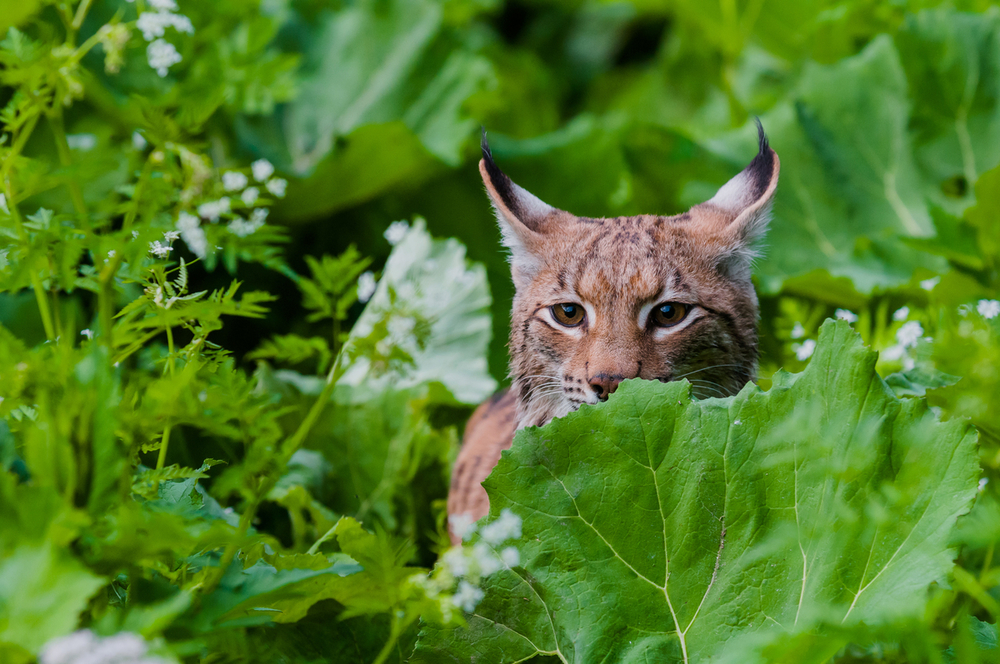The event brought together a diverse group of stakeholders, including local governments from Bieszczady, nature conservation institutions, agricultural organisations, and representatives from non-governmental organisations. The LECA partners from Poland, Slovakia, the Czech Republic, and Ukraine, also played a crucial role in the discussions.
We identified several key challenges and solutions during the meeting:
- Limiting Bear Access to Human Food: We focused on the need to prevent bears from accessing human food, particularly waste and rubbish. Reducing these food sources is essential to minimising bear encounters with humans.
- Public Education and Awareness: We recognised the importance of educating local communities and the wider public about the challenges of living alongside large predators. Raising awareness of how to safely coexist with brown bears will help reduce conflicts.
- Technological Solutions and Systemic Changes: We agreed that using electronic tools and improving monitoring methods for bear populations on a national scale could help us better understand and manage human-wildlife interactions.
The meeting concluded with the formation of working groups, each focused on specific areas. These groups will meet regularly to share ideas, resources, and innovative preventive methods. By collaborating, we will test new approaches and provide practical solutions, such as preventing bears from accessing rubbish in the most problematic areas.
This collaboration underscores the importance of cooperation between various actors—local communities, governments, conservation organisations, and experts across borders. By working together, we can ensure the long-term protection of both local communities and brown bears in the Eastern Carpathians.
